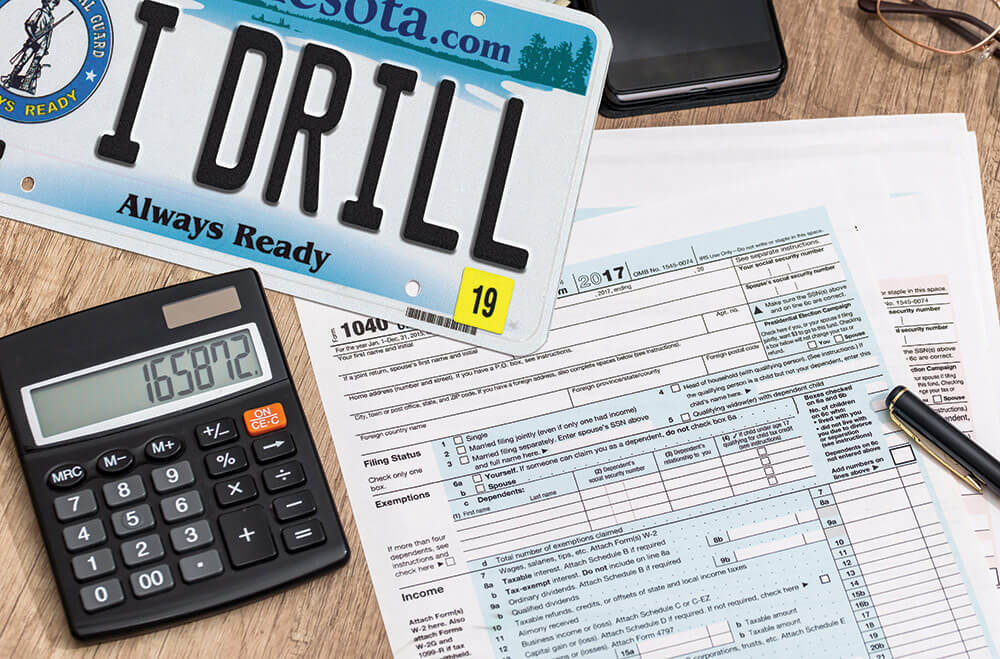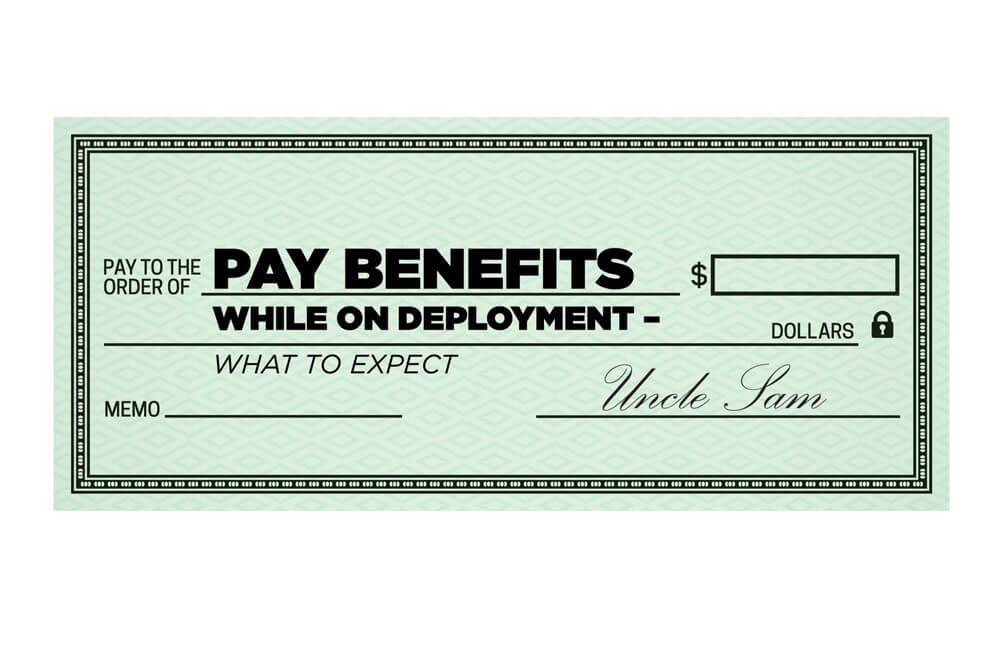Traveling long distances to perform drill duty is not uncommon for Guard Soldiers. License plates from neighboring states are a familiar sight on drill weekends at many National Guard installations. Some even go as far as to fly to and from their monthly drills. What many Soldiers do not realize is that remarkable dedication pays off in the end – literally.
When filing an income tax return, Guard Soldiers who travel over 100 miles for drill may subtract travel expenses off their annual income, lessening the overall amount of taxed income. Expenses for mileage, lodging, meals and other incidentals may be used to reduce income when filing a 2106-EZ form and reported on line 24 of Form 1040.
If using a professional tax preparer, make sure the preparer understands and reports in your completed return that these expenses are not itemized deductions – they are an income adjustment.
Typically, the most valuable adjustment is the mileage expense, which is calculated using a standard mileage rate instead of actual cost. The 2018 standard mileage rate is 54.5 cents per mile. The rate changes annually based on the price of gas and is determined by the IRS. Taxpayers almost always come out ahead using the standard mileage rate.
For example, if a Soldier travels 150 miles each way to drill 11 times per year, that would total 3,300 miles. Multiply 3,300 by the rate of 54.5 cents per mile, and a total of $1,798.50 could be subtracted from the yearly income. If paying 15 percent in taxes, that subtraction would save $264.83. If paying in the 25 percent tax bracket, the reduction would save $441.38.
Expenses such as parking fees, tolls, ferry fares, train tickets and airfare can be deducted as travel expenses. Lodging, not exceeding the current per diem rate*, can also be listed for Soldiers who traveled over 100 miles. Meal expenses are listed on line 5 of 2106-EZ, and up to half the total cost (not to exceed the current per diem rate*) can be counted as an adjustment.
IRS instructions state that qualifying Soldiers may deduct these travel expenses whether filing with itemized deductions or not.
If you missed deducting these expenses, which are often overlooked by tax professionals and service members, remember that your tax returns can be amended for the past three years plus any time spent deployed to qualifying locations for eligible individuals.
While, returns are simple for a professional to amend, it may be more challenging for an individual to process amendments because they cannot be prepared electronically after the end of the year. Hence, it may be worth it to have a preparer amend the returns.
To get more information on the 2160-EZ income adjustments, amending a return or other advice from an expert familiar with your situation as an Army National Guard Soldier, you can receive free tax preparation and free tax counseling through MilitaryOneSource.mil/Tax-Services.
* Consult a tax professional for 2018 IRS per diem rates, or visit IRS.gov.
By CONTRIBUTING WRITER Keegan Rammel



